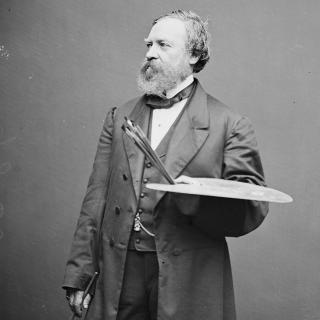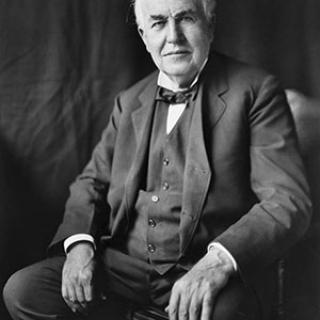An Irish Policeman, a Toddler and Walt Whitman
In 1871, the city of Washington was taken up in a scandal of police brutality, perhaps one of the earliest in the city. At the center of the storm was an Irish policeman, a toddler, and Walt Whitman.
Getting to Walt Whitman later, the policeman was Francis Michael Doyle, born in Limerick, Ireland in 1833. He immigrated to the US with his family in the 1850s, married a Marylander in 1858, and fought for the Union during the Civil War. In 1868, he joined the DC police and was serving as a private in the 6th precinct when Joseph Burnham asked the police to put a warrant out for the arrest of John Murete-let. Burnham was a well-to-do local businessman. Murete-let was a three-year-old.
Burnham had called for the boy to be arrested over $3 ($50+ today) worth of stolen eggs. This Scrooge had apparently already procured $2 from Murete-let’s mother in order to forgo an arrest, but swore out the warrant anyway. Private Doyle was sent to the child’s home to serve the warrant and had to get the poor boy out of bed in order to arrest him. Doyle carried little Murete-let down to the station wrapped in a cloak, where other officers let the child go back to sleep.
When the papers got ahold of this mess, they did not mince words:
The Police Annals, in any city, does not present a case of greater outrage upon humanity and decency, or a more perfect burlesque upon justice, than that of the arrest and incarceration of a child… -- The Critic
…[The police’s] conceit of office has robbed them of what little brains and judgement they possessed, and reduced them to mere automatons, fit only to work in ruts and grooves as they are ordered, and not fit to hold any position in which as much tact and knowledge of human nature is required as that of police officer. -The Daily National Republican
Some threw out the stirring speeches and cut to the chase with scathing sarcasm:
The brave Officer Doyle valiantly arrests a baby for stealing eggs. -- Daily Patriot
The outrage in the city was palpable as citizens called for Doyle’s dismissal, or for Doyle to be brought up on charges himself. The judge assigned to the case against Murete-let agreed, and dismissed the egg-stealing charges while the Board of Police called Doyle to explain his actions. Doyle explained that he had had doubts about serving the warrant, but on the advice of his fellows did his duty. He had thought the boy was seven years old and a “fit subject for the reform school."[1]
We’ll let The Daily Chronicle tell you what the Board decided:
Private F.M. Doyle, for conduct unbecoming an officer, Christian, gentleman, man, or human being, either savage, civilized, or enlightened, was simply ‘severely reprimanded.’ This extreme punishment consisted of reading a half-sheet of notepaper over so that he could hear it.
Enter Walt Whitman, treasured national poet and journalist of the 19th century. Whitman was in a relationship with the private’s brother, Peter Doyle, and like any good boyfriend, did what he could to help his bae’s bro. He drafted an article in support of Private Doyle, but it went unpublished as his mechanisms behind the scene showed promise. The newspapers shifted their vitriol away from Doyle and towards Burnham (described as “a mercenary and inhuman brute”), and in a few weeks the scandal had largely faded from the public consciousness.[2]
As for Doyle, he was dead within the year, murdered on the beat by the Queen of Louse Alley.[3] It’s unclear what happened to young Murete-let, but a romantic mind may imagine that he grew up with further incident or run-ins with the law and settled down as something respectable. A chicken farmer, perhaps.
Sources:
Krieg, Joann P. Whitman and the Irish. (University of Iowa Press, 2000).
Murray, Martin G. “Whitman Takes on D.C.’s Dailies.” The Yale University Library Gazette, (October 1995): 47-57.
“Officer Francis M. Doyle.” Officer Down Memorial Page.
Peck, Garrett. Walt Whitman in Washington, D.C.: The Civil War and America’s Great Poet. (History Press, 2015).
“Died – Doyle.” Evening star. (Washington, D.C.), 30 Dec. 1871. Chronicling America: Historic American Newspapers. Lib. of Congress.
Whitman, Walt. The Correspondence: Volume II, 1868-1875. Ed. Edwin H. Miller. (NYU Press, 2007).


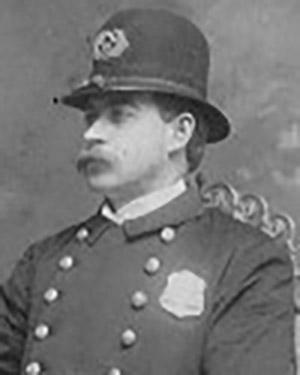
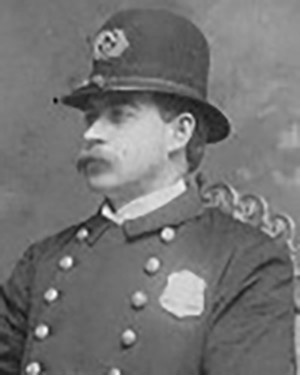
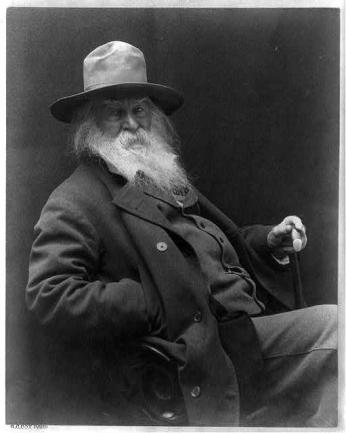
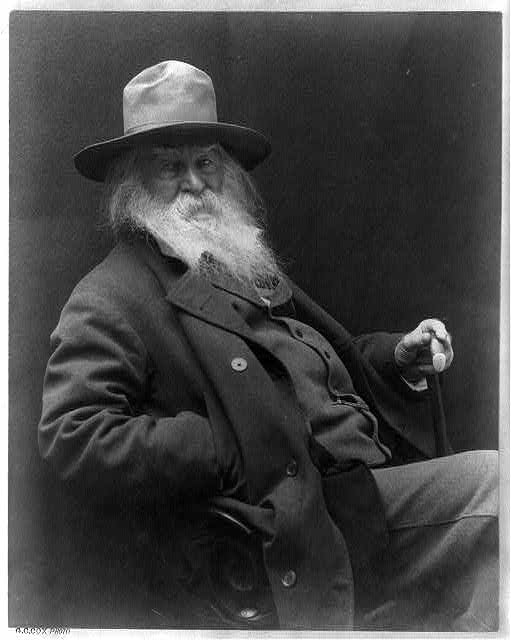
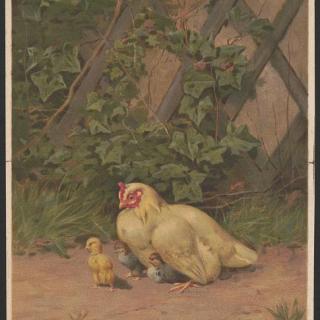
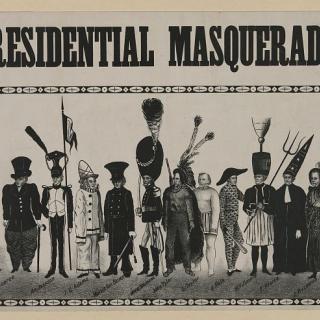
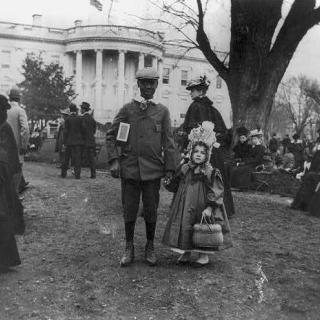
![Sketch of the mythical fuan by Pearson Scott Foresman. [Source: Wikipedia]](/sites/default/files/styles/crop_320x320/public/2023-10/Goatman_Wikipedia_Faun_2_%28PSF%29.png?h=64a074ff&itok=C9Qh-PE1)








